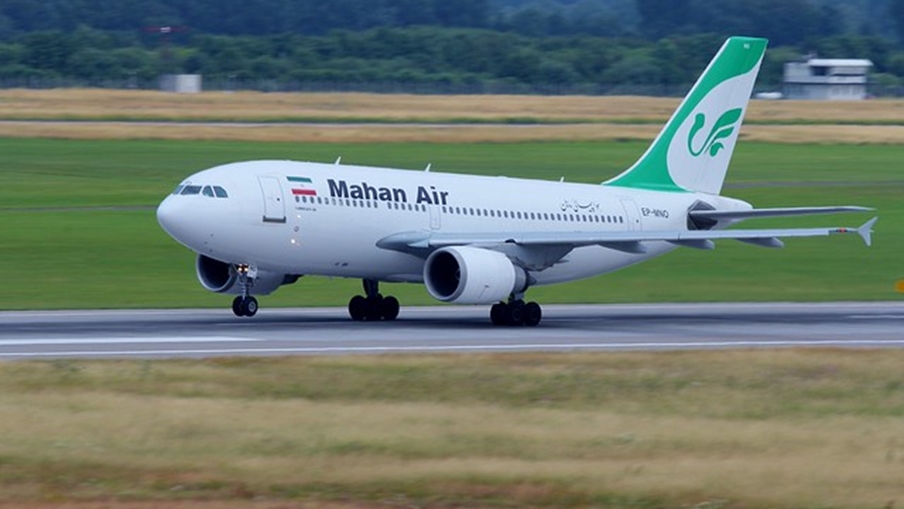The U.S. Treasury Department on Tuesday issued an advisory laying out the sanctions risks associated with the Iranian commercial aviation sector.
Many Iranian commercial airlines support the government’s efforts to foment regional violence through terrorism, supplying weapons to its proxy militias and the Syrian government led by Bashar al-Assad, and other destabilizing activity, according to the Treasury. Iran’s government has relied on commercial airlines to fly fighters and materiel to international locations to support its state-sponsored terror operations, the Treasury said.
“The international civil aviation industry, including service providers like general sales agents, brokers and title companies, need to be on high alert to ensure they are not complicit in Iran’s malign activities,” said Treasury Under Secretary Sigal Mandelker. “Lack of adequate compliance controls could expose those operating in the civil aviation industry to significant risks, including civil or criminal enforcement actions or economic sanctions.”
Controls on U.S. exports to the Iranian civil aviation industry were partially relaxed as part of the 2015 nuclear deal, but those restrictions were put back into place in May 2018 when the U.S. exited the agreement. Large Western aircraft companies dropped their deals to supply Iranian airlines with new planes in the wake of the U.S. exit and the revocation by the government of licenses needed for the exports. On Nov. 5, when the Treasury reimposed its sanctions on Iran, it also designated Iran Air, the country’s national airline, as well as 67 aircraft it operates.
The Iranian fleet is aging, however, and the advisory noted that the Treasury will continue to consider license applications concerning exports related to the safety of flight; those applications have to clearly describe how proposed activities fall within the prescribed scope.
The advisory provided an overview of the U.S. sanctions programs on Iran and how they relate to the civil aviation sector. Potentially sanctionable activities include typical acts such as financial services, but also aviation-specific conduct like reservations and ticketing, freight booking and handling, procurement of parts and equipment, maintenance or ground services, the advisory said.
It also listed a number of deceptive practices used to acquire aircraft and related goods in violation of sanctions, including through the use of front companies, general trading companies in free-trade zones or third-party suppliers. And the advisory named a dozen designated Iranian airlines, including Mahan Air, as posing particular sanctions risks.
